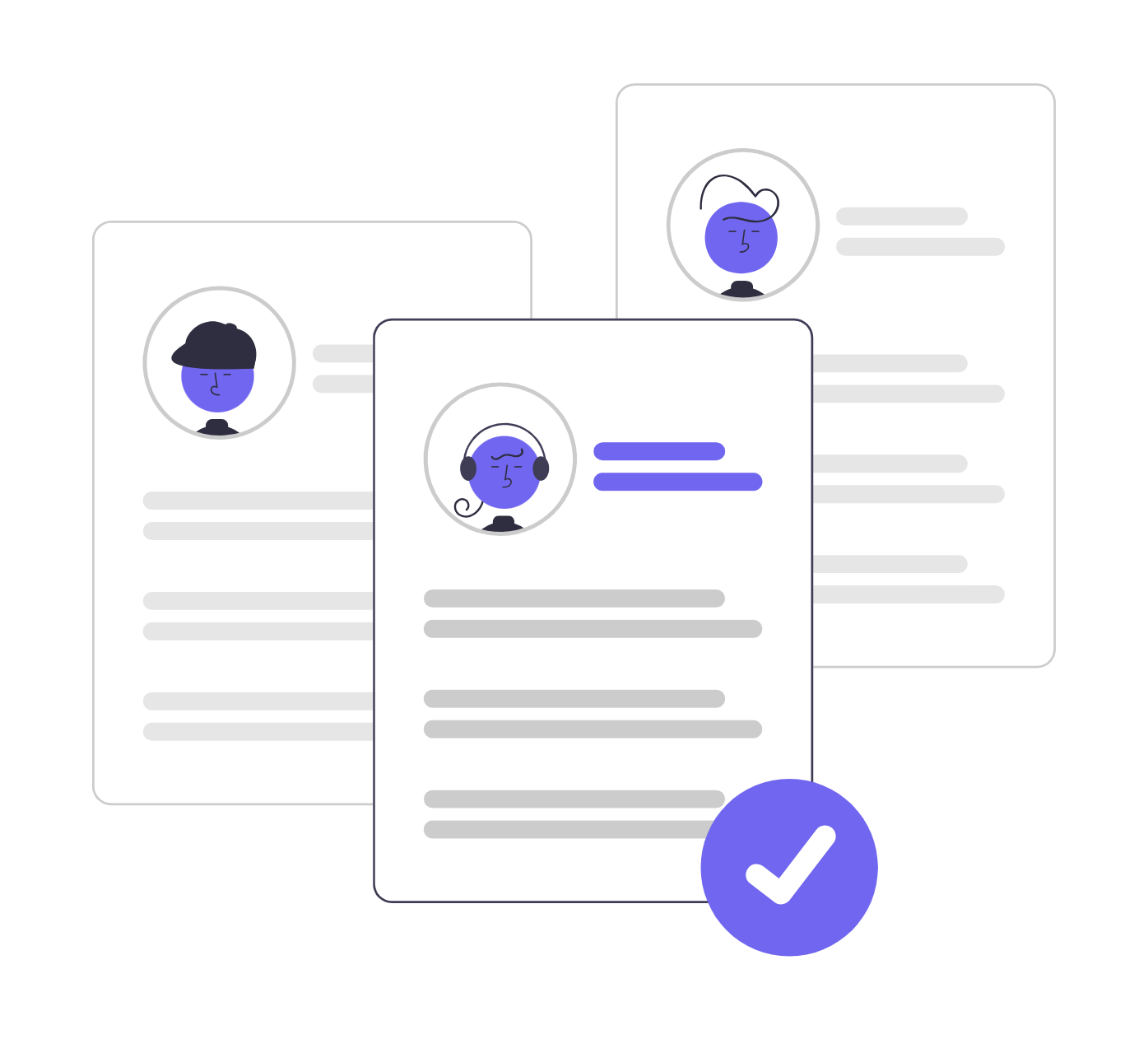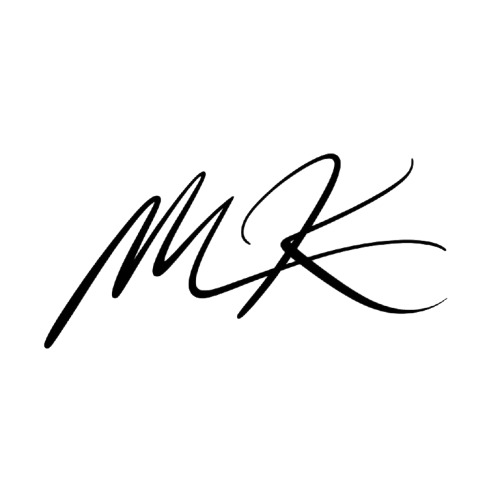Share
Hiring your first employee is a milestone most business owners dream of. It’s a sign that you’re growing. That the late nights and early mornings are paying off. But here’s the truth: bringing on employee #1 isn’t just exciting—it’s risky.
Get it right, and you’ll create time, scale your business, and build momentum. Get it wrong, and you’ll waste money, stall your progress, and potentially damage your brand.
So before you post that job ad or schedule interviews, pause. This guide will walk you through everything you need to know to hire your first employee with confidence—and avoid the costly mistakes most first-time employers make.
1. Start Here: Are You Really Ready to Hire?
Hiring should never be a knee-jerk reaction to being busy. Just because your plate is full doesn’t mean it’s time to hire.
Ask yourself:
- Is the workload consistent or just a seasonal spike?
- Have you turned down work or revenue because you can’t take on more?
- Are there tasks you can clearly delegate—or are you just hoping someone will “figure it out”?
If you’re not sure, consider starting with a contractor or freelancer. Hiring full-time means ongoing payroll, oversight, and legal responsibilities. If your business isn’t ready to handle that month after month, you may be setting yourself up for burnout—not relief.
2. Know the Real Cost: Hiring Is More Expensive Than You Think
Think salary is the biggest cost of hiring? Think again.
On top of base pay, you’ll likely pay:
- Payroll taxes (Social Security, Medicare, unemployment insurance)
- Workers’ comp insurance
- Benefits (health, PTO, retirement, etc.)
- Software licenses, gear, tools, and training time
- Hiring costs (ads, time spent vetting, interviews, onboarding)
A realistic estimate: the true cost of an employee is 1.25 to 2x their salary.
If you’re not confident in covering 3–6 months of payroll (even if a big client pays late), then it might be worth waiting—or adjusting your rates first.
3. The Mindset Shift: They’ll Never Care Like You Do—and That’s Okay
No employee will care about your business the way you do. That’s not a flaw. It’s human nature.
You’re the founder. The risk-taker. The one who skips vacations and takes late calls. Your employee? They’re here to work—not bleed for the brand.
So instead of expecting founder-level commitment, set up systems:
- Create clear goals and expectations
- Write down standard procedures (even simple ones)
- Review work regularly and give honest, supportive feedback
Expecting your new hire to “just get it” leads to resentment on both sides. Structure is what turns good hires into great ones.
4. Hire for Character, Not Just Credentials
Here’s what experienced founders know: a trainable person with curiosity and grit will outperform a résumé full of buzzwords.
What to look for:
- Willingness to learn
- Clear communication
- Adaptability and self-direction
- Ownership over mistakes
Be cautious of “perfect on paper” candidates—especially if they can’t explain what they actually did in past roles. Vet claims carefully. Ask for work samples. Run small skill tasks if needed.
Easily administer one-click skill tests with workscreen. -This way you can Assess candidates based on real-world ability—not just credentials like résumés and past experience. This helps you hire more confidently and holistically.

5. Avoid the #1 Mistake: Don’t Hire Your Friend
It’s tempting. You trust them. You like them. But for most founders, hiring friends leads to blurred boundaries, unmet expectations, and awkward fallouts.
Why it backfires:
- You’ll hesitate to give feedback
- They may take advantage of the personal relationship
- If it goes south, your business and friendship suffer
If you absolutely must hire someone you know, treat it like any hire. Interview them properly. Write a contract. Set clear boundaries. And be prepared to make tough calls if it’s not working.
6. Start with Structure: Document Before You Delegate
Your first employee won’t magically know what to do.
They need clarity. And clarity starts with documentation.
Before they join, write down:
- Their core responsibilities
- The repeatable tasks they’ll own
- What a “good job” looks like for each task
- Any important policies or expectations (e.g., deadlines, communication, client handling)
You don’t need a 50-page handbook. A one-pager of bullet points is enough. The goal is to avoid guesswork and misalignment from day one.
7. Protect Your Time (And Your Culture): Use a Trial Period
First hires are high risk. Even a great candidate can turn out to be the wrong fit once the work begins.
Solution? A trial period.
- 30 to 90 days
- Clear expectations
- Frequent feedback
- Mutual check-ins on fit
This gives you a graceful way out if things don’t click. And it encourages the employee to bring their A-game early on.
Eliminate low-effort applicants—including those who use AI Tools to apply, copy-paste answers, or rely on "one-click apply." This way, you focus only on genuine, committed, and high-quality candidates—helping you avoid costly hiring mistakes.

8. Don’t Skip the Admin: Set Up Payroll, Taxes, and Compliance Early
Hiring without handling the admin first is a fast track to legal trouble. Before day one, make sure you:
- Get your EIN from the IRS
- Have your new hire fill out a W-4 (for tax withholding)
- Complete an I-9 form and verify eligibility to work
- Set up payroll (manual or via software like Gusto, QuickBooks, ADP, etc.)
- Register for state and local payroll taxes
- Get workers’ compensation insurance
- Comply with OSHA safety requirements
And yes—you must keep employee tax documents (like I-9s) in a separate file from their personnel record.
9. Onboarding Isn’t Just for Big Companies—You Need It Too
Onboarding matters more than most small businesses think.
A great first week sets the tone. A messy one increases the chance your new hire disengages—or leaves entirely.
Start with:
- A written offer letter
- A short first-week schedule
- Clear check-in points (daily or weekly)
- Basic training on tools or workflows
- Your expectations around communication, deadlines, and initiative.
Quickly identify your most promising candidates. WorkScreen automatically evaluates, scores, and ranks applicants on a performance-based leaderboard—making it easy to spot top talent, save time, and make smarter, data-driven hiring decisions

10. Build for the Long Term: One Hire Shouldn’t Break the Business
The first hire should unlock momentum, not slow you down.
Once you delegate some work, use your freed-up time wisely:
- Sell more
- Build repeatable processes
- Improve client experience
- Increase your prices
Keep measuring their impact. Are they saving you time? Helping you earn more? Making your life easier?
And if not—don’t wait six months to admit it. Address issues early, and if needed, move on fast. Your business can’t afford dead weight this early.
Final Thoughts
Hiring your first employee isn’t just about adding capacity—it’s about building the foundation of your company. That first team member will influence your culture, your systems, and your growth trajectory. So take your time. Be intentional. And remember:
You don’t rise to your goals—you fall to your systems. Build them strong from the start.
FAQ
Define what tasks you want to delegate. Write a clear job description. Screen candidates using real-world tests. Start with a trial period. Clarity + patience beats speed.
You’ll need an EIN, payroll setup, tax forms (W-4, I-9), workers’ comp insurance, and an offer letter outlining terms. Many use platforms like Gusto or QuickBooks to manage this.
- Initiative
- Coachability
- Alignment with your business goals
Don’t just hire a task-doer—hire someone who “gets it.”
Resume lies, emotional decisions, vague expectations, overpaying too soon, skipping the trial period, and hiring without a clear system to track results.

